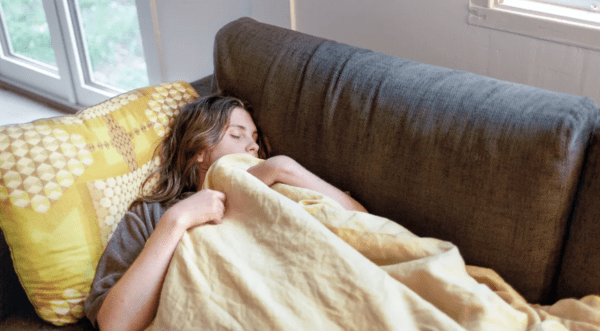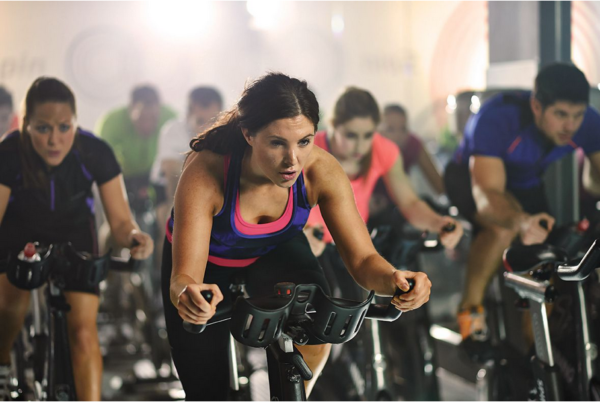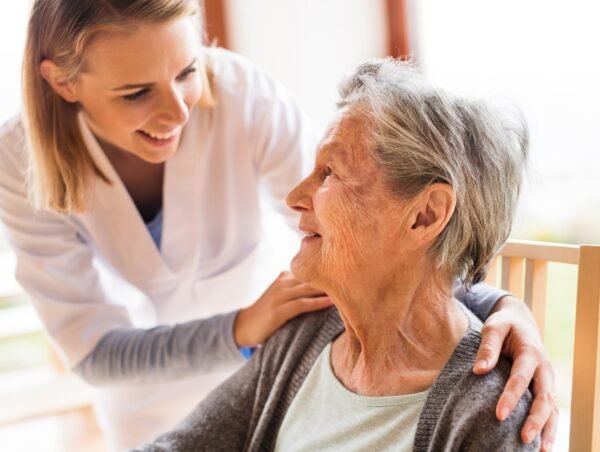
Spending Easter Away from Home? Here’s how to Get a Good Night’s Sleep

Sofa surfing, lumpy mattresses, loud family members; the holidays are a wonderful time of year spent catching up with family and friends, but for some people, all the travelling and bed hopping can lead to getting a poor night’s sleep.
Here, Martin Seeley, Sleep Expert and CEO of Mattressnextday shares his advice for getting your best night’s sleep if you’re spending Easter away from the comfort of your own bed.
Set boundaries and communicate
Often it can be tricky to communicate how you feel or ask for something better when staying with family members, especially in laws or those who you may not know as well as your own immediate family. However, communication is key and those hosting you will want to make you feel as comfortable as you can be, so when they offer you the spare room over the sofa, say yes, when they ask if you’d like a better pillow than the one already there, say yes!
Setting boundaries early will also allow those whose house it is to know what kind of sleeper you are, for example if you are a light sleeper, ask if it would be ok for the festivities to end by a certain time so you can get a good sleep if you are on the sofa or in a room near the living area, ask if they can lower their voices. Need an extra blanket? Ask for one. If you ask early on for things that you know will make your stay more comfortable, it will be less awkward at the end when everyone notices how tired you look even though you said you “slept fine”.
Bring your own pillow (yes, really)
Bringing your own pillow to various different places with you is not uncommon, in fact it’s more common than you may think. Having the right pillow for you is incredibly important for getting a good night’s sleep, and everyone has a different pillow preference. When you have a flat, or lumpy pillow, this can often lead to a disturbed night’s sleep from a lack of support on the neck and head, and you could wake up with neck pain or a headache. If you have your own pillow that you know you sleep well with, bring it along with you.
Avoid eating too much chocolate
It’s hard to avoid chocolate during Easter, but try not to overindulge, as chocolate contains a stimulant called caffeine, which can interfere with sleep if consumed in large amounts or close to bedtime. However, the amount of caffeine in chocolate varies depending on the type of chocolate and the amount consumed. Dark chocolate typically contains more caffeine than milk chocolate or white chocolate.
A standard 1.5 oz (43g) bar of dark chocolate contains around 30 mg of caffeine, while milk chocolate contains only around 5 mg of caffeine. If you are sensitive to caffeine or have trouble sleeping, it is generally recommended to avoid consuming chocolate or any other sources of caffeine at least 4-6 hours before bedtime. However, if you consume chocolate in moderation and earlier in the day, it is unlikely to have a significant negative impact on your sleep.
Adjust the environment for optimal sleep hygiene
An easy way to help yourself get the best possible sleep at a different house is by adjusting your environment accordingly. If you’re in a spare room, change a few things if you can to make it feel more like your room, whether that’s adjusting the pillows, adding a blanket, tidying away any mess, dimming the lights or bringing a lamp in from another room. If you’re on a sofa, make sure it’s comfortable for you, remove any hard display cushions and add pillows, bring a duvet and blankets, turn off any hall lights or lamps that may keep you up, shut any doors leading to other rooms which could get used in the early hours.
You should also bring with you anything you need to help block your senses to help you sleep, silicone or foam earplugs and an eye mask should help to make things a little easier. If you live in a city and are used to noise pollution and are heading to the country, you may even want to bring some white or brown noise or listen to a playlist to help you sleep.
Don’t overindulge
It can be easy to overindulge during Easter, with drinking and eating in excess being very common, however, try and set some limits for yourself as eating too much could lead you to feel uncomfortably full, that when it’s time to go to sleep you feel uncomfortable and need to let the food go down before you lie down. The same goes with drinking, the alcohol in your system means you spend less time in the important REM stage of sleep, which means you will wake up feeling groggy and less refreshed than if you hadn’t drunk as much. Furthermore, if you drink too much you may find your sleep is disturbed due to needing to go to the toilet in the night, and if it’s not your house this could be even more of an inconvenience.
Try and stick to your normal routine
Sticking to your normal sleep routine is another great way to ensure a good night’s sleep, this can often be tricky, especially when we are at other peoples houses where bedtimes differ, or perhaps they want to stay up late to carry on the festivities. However, getting to bed at a decent hour and allowing yourself to try and get the full 8 hours sleep that your body and brain needs is imperative, and will help you to feel refreshed the next day. Perhaps give yourself a time each night that you will make sure you are in bed by, and try to stick to it.













































